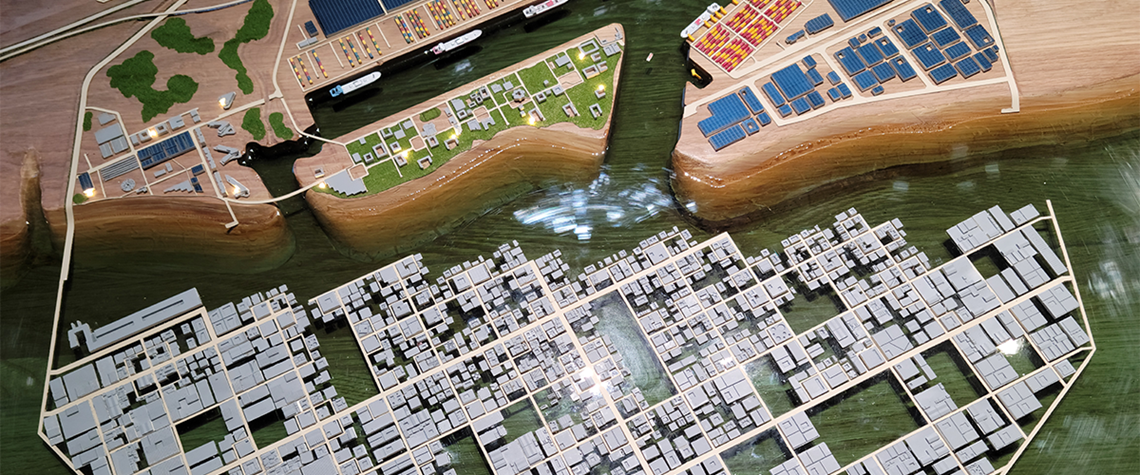Middle East’s hydrogen ambitions need big investment
The region’s superfluity of renewable energy resources mean it has great potential as a hydrogen developer, but it will come at no small cost
With abundant solar and wind energy potential, the Middle East is keen to develop its renewable energy generation and hydrogen production potential. According to the Gulf Petrochemicals and Chemicals Association (GPCA), the Gulf Cooperation Council’s (GCC’s) hydrogen market could experience a compound annual growth rate of 15% between 2022 and 2050, resulting in potential revenues of $120–200b/yr. However, achieving this will require significant capex in renewable energy capacity, infrastructure, electrolyser development and installation, and hydrogen deployment. Installing the renewable and electrolyser capacities needed would require $16–60b/yr over the next 25 years, with approximately 30

Also in this section
25 February 2026
Low-carbon hydrogen and ammonia development is advancing much more slowly and unevenly than once expected, with high costs and policy uncertainty thinning investment. Meanwhile, surging energy demand is reinforcing the role of natural gas and LNG as the backbone of the global energy system, panellists at LNG2026 said
18 February 2026
Norwegian energy company has dropped a major hydrogen project and paused its CCS expansion plans as demand fails to materialise
4 February 2026
Europe’s largest electrolyser manufacturers are losing patience with policymakers as sluggish growth in the green hydrogen sector undermines their decision to expand production capacity
2 February 2026
As a fertiliser feedstock, it is indispensable, but ammonia’s potential as a carbon-free energy carrier is also making it central to global decarbonisation strategies







